Science & Technology
How Mark Rober Hides “Science Vegetables” in Viral Videos | ReThinking with Adam Grant
If you don’t know @MarkRober, your kids do. He’s best known for his viral engineering feats — like creating an obstacle course for squirrels, designing glitter bombs to get revenge on package thieves and building the world’s largest Nerf gun. Before launching YouTube’s most followed science channel, he was a NASA engineer, and he now…
Science & Technology
This Refrigerator Is Saving Lives | Norah Magero | TED
TED Fellow and renewable energy expert Norah Magero envisions an Africa that pioneers its own technological future, shifting the narrative from dependence and consumption to self-reliance and innovation. She shares how she developed VacciBox — a solar-powered refrigeration system made in Kenya to keep vaccines cold in off-grid areas — and highlights the power of…
CNET
It’s Not a Tamagotchi. It’s Punirunes, the Virtual Pet You Can Touch
It’s so…squishy…i’m gonna die. 🥴🤣 Just imagine reaching into your Tamagotchi and touching it. Well, that is Punirunes. #digitalpet #toy #virtualpet #tech #punirunesvirtualpet Subscribe to CNET on YouTube: Never miss a deal again! See CNET’s browser extension 👉 Check out CNET’s Amazon Storefront: Follow us on TikTok: Follow us on Instagram: Follow us on X:…
Science & Technology
Why Journalists Should Avoid This Trap | Malcolm Gladwell @TED
In his 2000 bestseller “The Tipping Point,” Malcolm Gladwell told the story of why crime fell in New York City in the 1990s. Now, 25 years later, he’s back with a confession and a mea culpa: “I was wrong,” he says. He shares how his analysis contributed to the rise of the infamous “stop and…
-
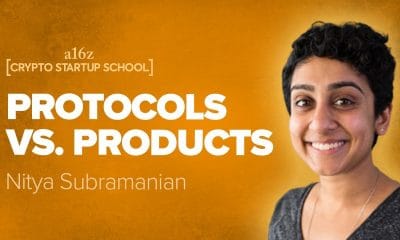
 Science & Technology4 years ago
Science & Technology4 years agoNitya Subramanian: Products and Protocol
-
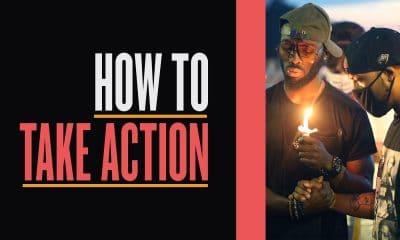
 CNET5 years ago
CNET5 years agoWays you can help Black Lives Matter movement (links, orgs, and more) 👈🏽
-

 People & Blogs3 years ago
People & Blogs3 years agoSleep Expert Answers Questions From Twitter 💤 | Tech Support | WIRED
-
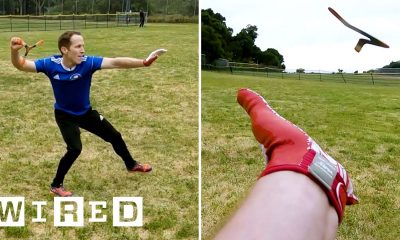
 Wired6 years ago
Wired6 years agoHow This Guy Became a World Champion Boomerang Thrower | WIRED
-
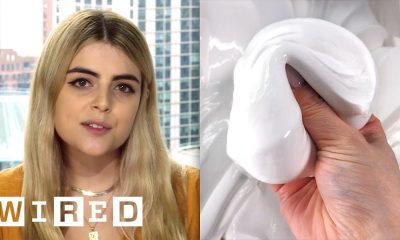
 Wired6 years ago
Wired6 years agoNeuroscientist Explains ASMR’s Effects on the Brain & The Body | WIRED
-
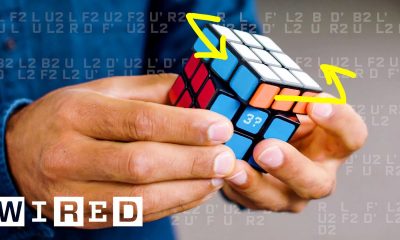
 Wired6 years ago
Wired6 years agoWhy It’s Almost Impossible to Solve a Rubik’s Cube in Under 3 Seconds | WIRED
-
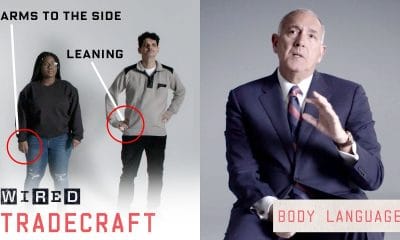
 Wired6 years ago
Wired6 years agoFormer FBI Agent Explains How to Read Body Language | Tradecraft | WIRED
-
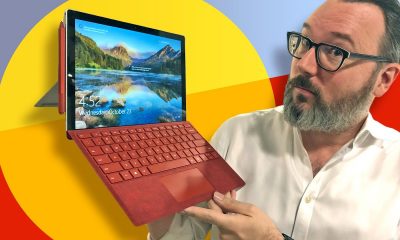
 CNET5 years ago
CNET5 years agoSurface Pro 7 review: Hello, old friend 🧙
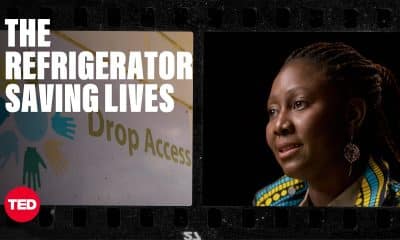



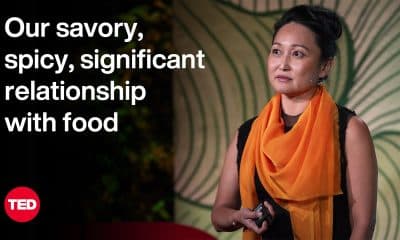

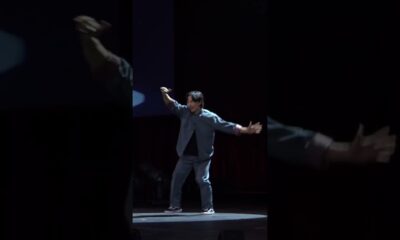

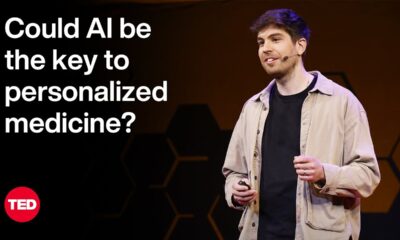

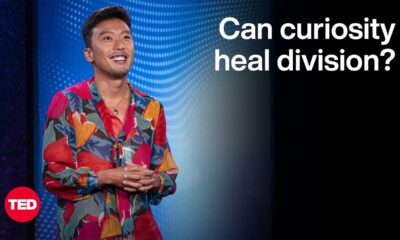

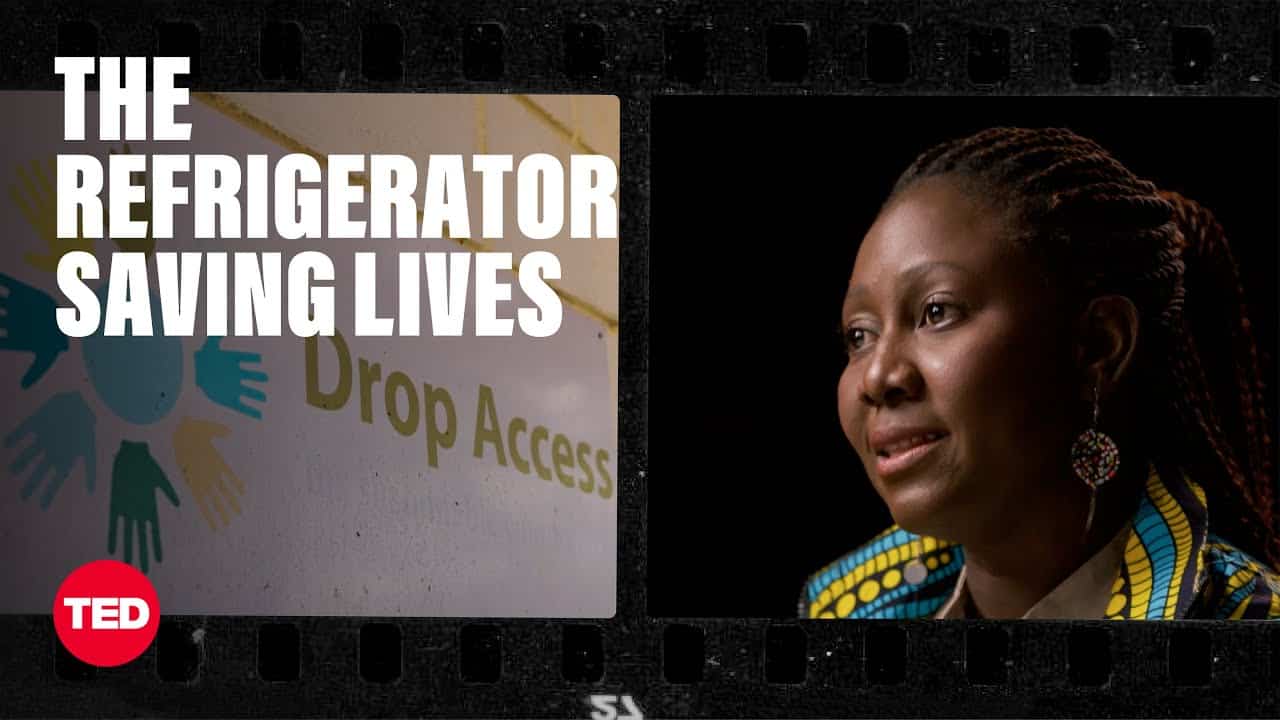
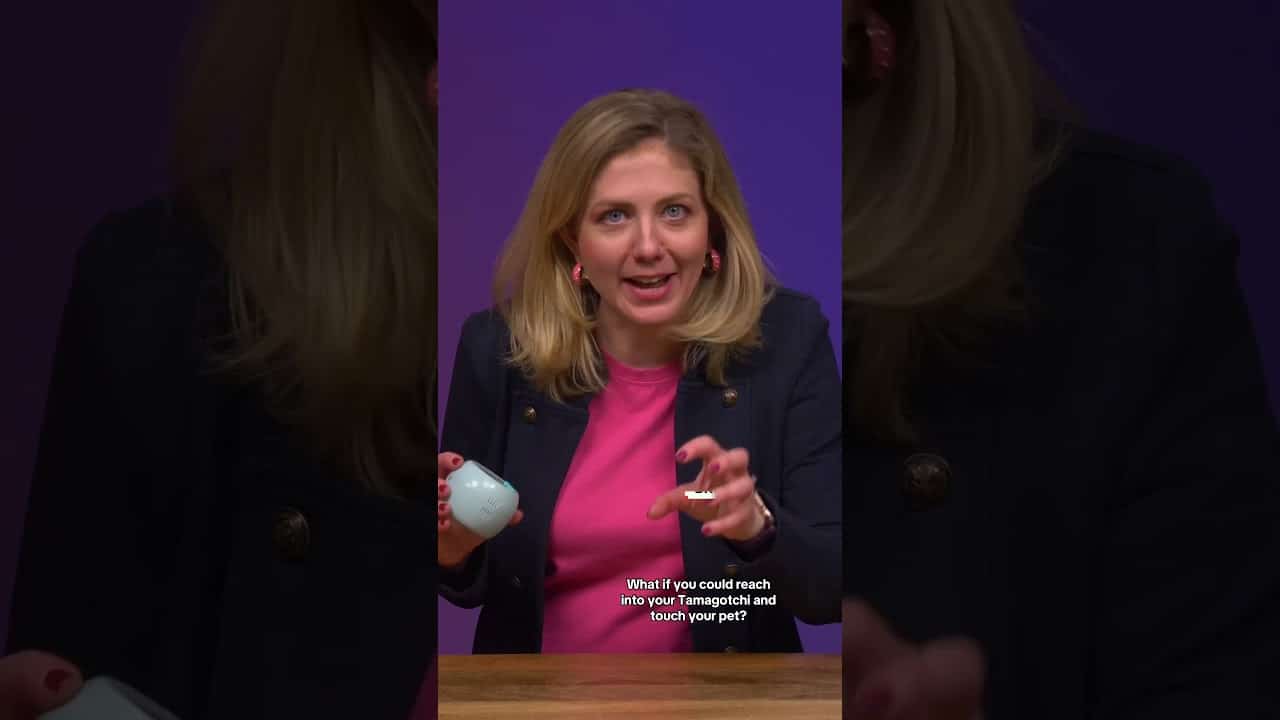
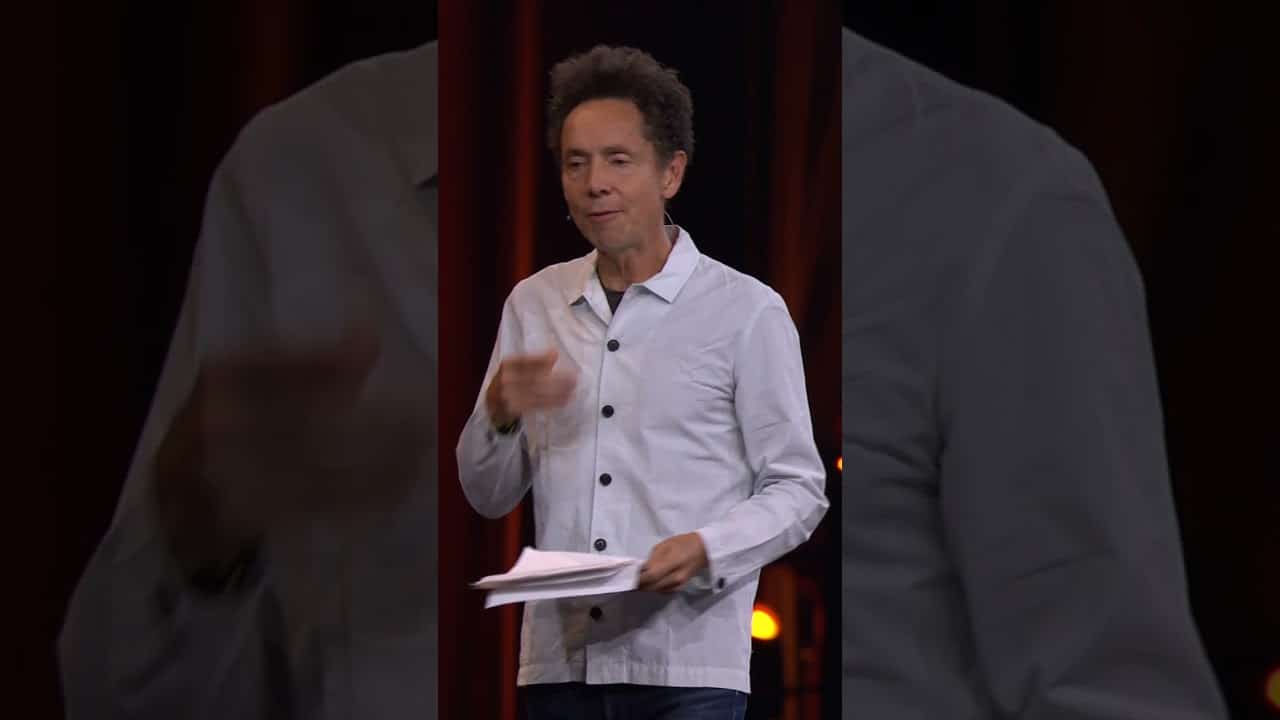




@takielddine9901
December 10, 2024 at 7:08 am
Free Free Palestine 😢
@alhassanboulasri766
December 10, 2024 at 7:35 am
Free
@rhaegartargaryen9315
December 10, 2024 at 8:41 am
From H ammas.
@sooma-ai
December 10, 2024 at 7:11 am
Mark Rober discusses his approach to creating viral science videos, his time at NASA, the importance of critical thinking, and his views on space exploration. He shares insights on storytelling, engineering mindsets, and balancing parenting with his work.
@ShilpaNM-p9w
December 10, 2024 at 8:17 am
0:23 😇
@STEAMerBear
December 10, 2024 at 8:38 am
The “laws” of physics are merely those principles which have transitioned from hypothesis to very well established theories. Newton’s laws were both extended and superseded by Einstein’s work. Science is not immutable. Pure logic MIGHT be, but I can’t even look backwards from the end of time to claim that. Science, math and engineering are a constantly expanding foam comprised of bubbles of our best understanding. Some bubbles burst, leaving voids. Other bubbles merge. Tiny new ones are constantly forming. They become elastic or rigid and closed or open celled based on many factors including the personalities that gave rise to, nurtured, stabilized and perhaps fossilized them. This makes some areas of science much more tolerant to change than others. Mathematics embraces new bubbles—party time—but generally HATES those who dare attack ANY solidified—espexially useful—ones.
I anticipate AI will upend this model, creating a seemingly uniform, quantum foam of concepts in which every idea is constantly evaluated against every other one. From our perspective it will become “never wrong,” but we should work to understand it must never fall prey to the human proclivity for all-or-nothing thinking lest it stop error checking. I might always personally believe that a+b always equals b+a, but a single counterexample is a bubble factory and knowing the details is a far richer realm than the my certainty of a fallacy. Perhaps we are all Dunning-Kruger monsters, piously averting our attention from inconvenient data and labeling confusing results as unrigorous, poorly designed, etc..
@richardschnoor6995
December 10, 2024 at 8:41 am
i would buy a box for a struggling engineer-to-be
how?
@riuphane
December 10, 2024 at 10:05 am
If you’re referring to either of Mark’s boxes, check literally any of his videos and he has ads for it. My daughter actually loves the Crunch Labs boxes and I’m considering the Hack Pack boxes.
@felixccaa
December 10, 2024 at 11:06 am
u lost me completely with Your irational judgment of astrology since u proved u have completely no idea what astrology is about – I thought Mark had some interesting points – but I’m not interested any longer to finish watching, so I stop here
@thegeoffree
December 10, 2024 at 11:32 am
Adam i love your work going back about 8 years now
But you do believe things withiut evidence to support them. Your take on the belief in astrology and beliefs on the moon landing, 9/11, and vaccines shows how you believe things without evidence
You should look a little closer at these 3 points and maybe “re think” it all
What we definitely know to be 100% true is a short list